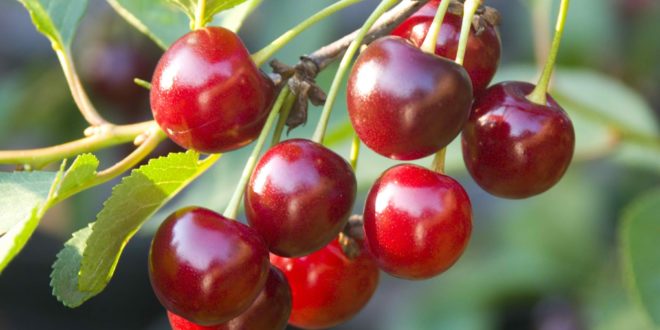
Argentina e China mais perto do acordo sobre cereja
nov, 20, 2018 Postado pordatamarnewsSemana201847
A Argentina e a China devem chegar a um protocolo para um acordo fitossanitário até o final deste mês que permitirá ao país latino-americano exportar cerejas para a China, embora com limitações. Isso ocorre porque, diferentemente dos EUA, do Canadá e da União Européia, a China não aceita a região da Patagônia argentina como isenta de moscas-das-frutas, o que exige que a fruta fique em quarentena por vários dias. Isso reduz o prazo de validade da fruta e aumenta os custos logísticos.
Supporting sources:
Date: 16/11/2018
Argentina: Patagonia’s cherry must undergo quarantine to travel to China
According to Patagonian producers, the protocol for the export of Argentine cherries to China, which was designed following the visit of a Chinese phytosanitary mission, is bittersweet.
Although the prospect of selling to the gigantic Chinese market generates high expectations, the protocol imposes a series of conditions that complicate the Patagonian producers’ business, stated Adolfo Storni, the manager of the Argentine Chamber of Integrated Cherry Producers (CAPCI).
The Chinese mission culminated in a tour of the producing provinces of Neuquen, Rio Negro, Chubut, Santa Cruz, and Mendoza a few days ago. Even though the United States, Canada, and the European Union recognize Patagonia’s status as a fruit fly free zone, a plague that ruins the products’ quality, the protocol to export to China doesn’t recognize it.
This means that the fruit must undergo quarantine. It also means that logistics costs will increase and that there will be a reduction in the product’s shelf life.
Specifically: to enter China the fruit must previously undergo a cold process. This condition closes the possibility of sending the fruit by plane, forcing exporters to ship it by boat. This extends the time frame between the departure of the fruit of Patagonia and its entry to the Chinese market.
The trip by boat from a Chilean port lasts 25 to 30 days. Storni said that prices were considerably better at the beginning of the Patagonian harvest than a month later. That is to say, shipping the product by ship decreases the operation’s profitability, not only because of the impact on logistics costs in general, but also because of the impossibility of taking advantage of higher prices.
Exporting cherries to China is a great opportunity for the Patagonian sector, as prices in that country are 50 percent higher on average than in the United States, Canada, and the European Union, where the national product is exported.
Post Relacionado
-
Portos e Terminais
ago, 26, 2019
0
Paraná é a principal porta de entrada de fertilizantes no Brasil
-
Logística Outros
abr, 18, 2024
0
Ferrovia Central do Uruguai é oficialmente inaugurada
-
Economia
fev, 27, 2025
0
Valor Bruto da Produção do agro alcançou R$ 1,41 trilhão em janeiro
-
Regras de Comércio
jul, 20, 2021
0
Acordo com UE reduz alíquota de carro em 50%

